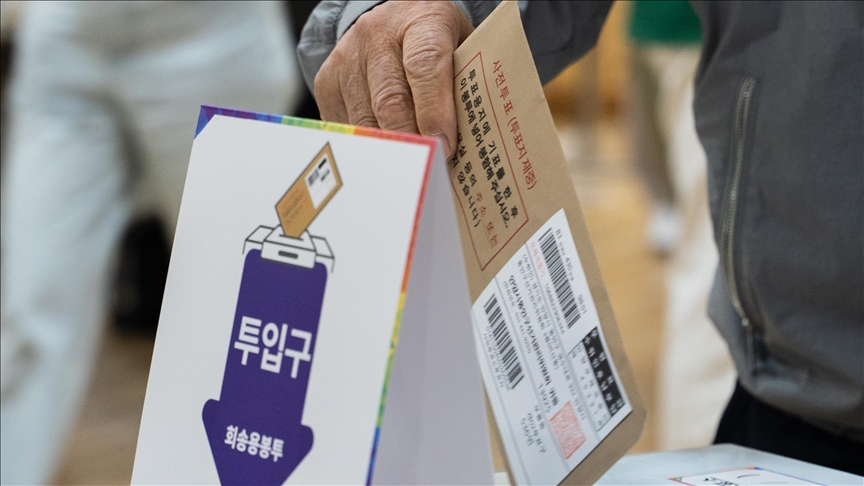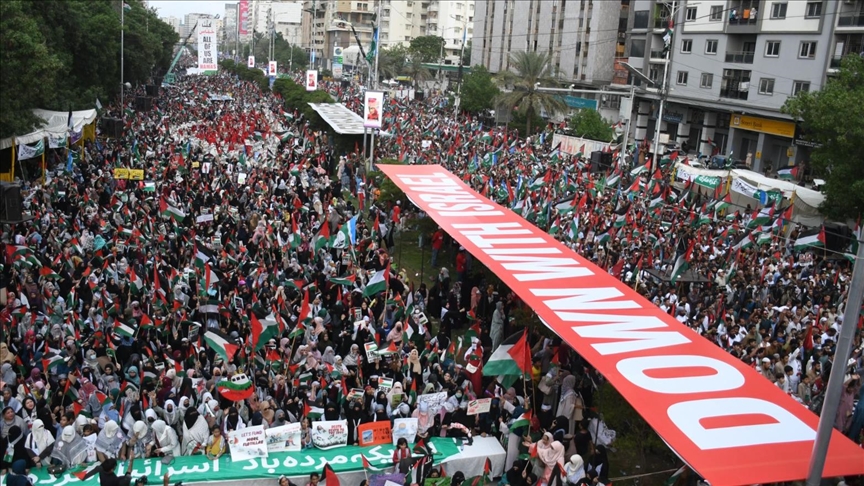South Koreans vote in snap election to pick new president
ISTANBUL
South Koreans headed to the polls Tuesday morning in a snap election being held to pick a new president, months after Yoon Suk Yeol was removed from office for declaring martial law in the country.
Polling stations opened at 6 am local time (2100GMT Monday), and will continue until 8 p.m.
Millions of citizens are expected to participate in the day-long voting to choose a new president who will serve a one-time five-year term.
Nearly 29,000 police officers have been deployed across the country where people will cast their ballots at around 14,295 polling stations.
The early election was triggered by the Dec. 14 impeachment of former President Yoon, following his unsuccessful attempt to impose martial law on Dec. 3. Polling was due within two months after South Korea’s Constitutional Court upheld the parliament impeachment in April.
Yoon was otherwise supposed to serve as president until 2027.
More than 15 million – including overseas South Koreans — out of a total 44.3 million eligible voters have already cast their ballots in the two-day early voting period.
Surveys show that Lee Jae-myung, representing the main opposition Democratic Party, is leading the presidential race with close to 50% support.
Lee lost to Yoon in in 2022 by a thin margin.
Kim Moon-soo from the ruling People Power Party is trailing behind with nearly 37% support.
Besides the two frontrunners, there are three other candidates in the race: Lee Jun-seok of the New Reform Party, Kwon Young-guk from the Democratic Labor Party, and an independent contender, Song Jin-ho.
This is the 21st presidential election in the country since its establishment in 1948.
The successful candidate will be sworn-in soon after his win is confirmed as early as Wednesday morning.
President Lee Ju-ho is currently the deputy prime minister and education minister, promoted as interim president after resignations by former Prime Minister Han Duck-soo and former Finance Minister Choi Sang-mok.
This time South Korea will not see a transition period of 60 days and instead the new leader will quickly begin his term with fresh policy decisions expected on issues including US tariffs, sluggish domestic economy, and all-time low ties with North Korea.
The elected president runs the administration in South Korea, while the 300-seated parliament has powers to veto any policy of the government. The opposition Democratic Party dominates the parliament with more than 190 seats.
Anadolu Agency website contains only a portion of the news stories offered to subscribers in the AA News Broadcasting System (HAS), and in summarized form. Please contact us for subscription options.



